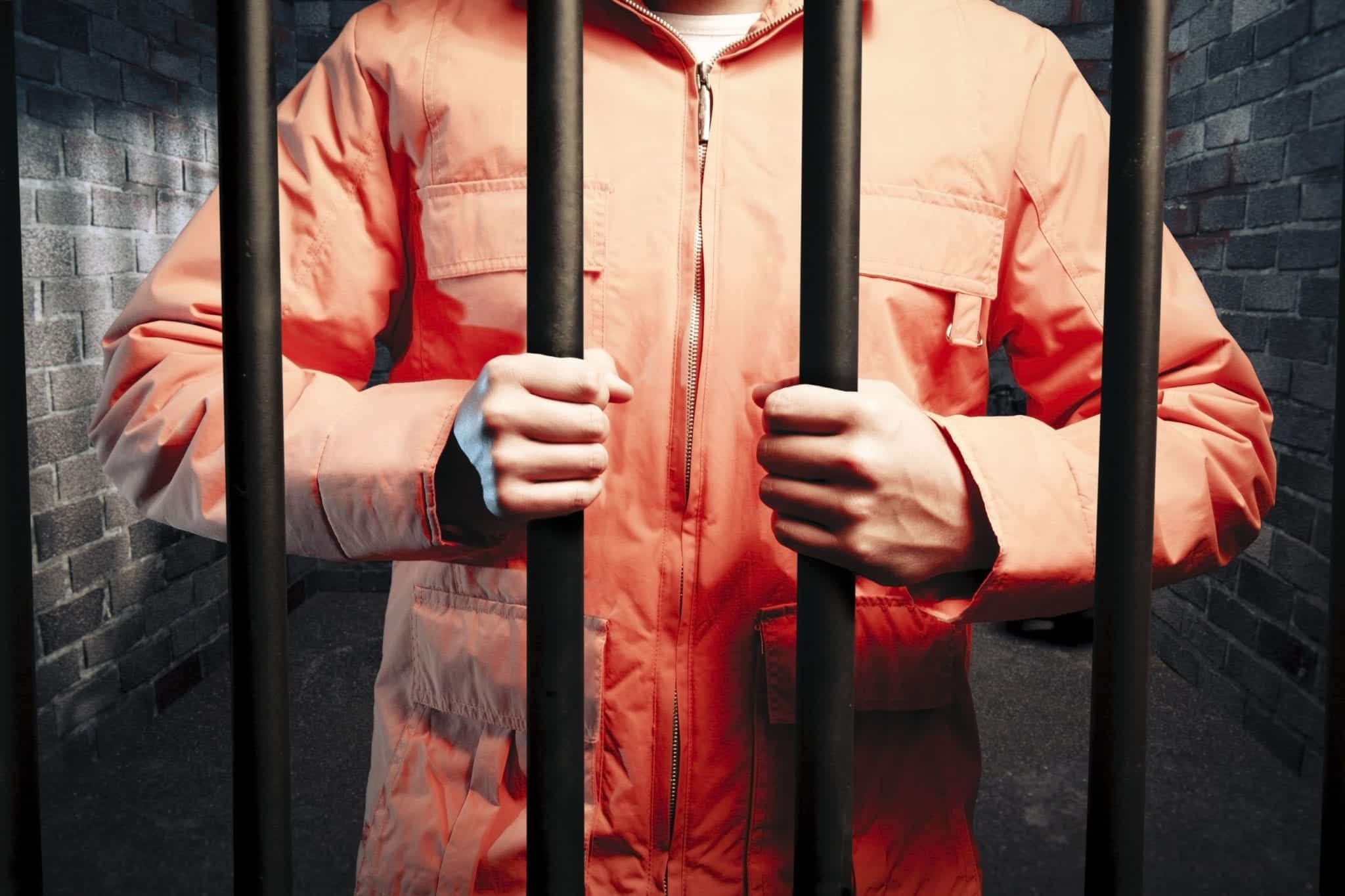Changes in organized crime laws dramatically altered the day federal prosecutors tried to not only disrupt but shutdown Mafia chieftains. They were forced to try multiple mob-related crimes individually, making it virtually impossible to shut down entire criminal organizations. Racketeering statutes, however, passed under the RICO Act revamped that legal landscape.
That was just the beginning. though.
While the Racketeer Influenced and Corrupt Organization Act was originally passed in order to target mob prosecutions in the 1970s, today RICO laws target all sorts of corrupt enterprises, both legal and illegal: street gangs, cartels, corrupt police departments, and even politicians.
For instance, earlier this month in Hattiesburg, federal agents arrested the last of a number of national gang members and associates who had been on the run since being indicted on RICO charges this past October. All of them face charges on a variety of federal offenses, including conspiracy to violate the federal racketeering statute.
The federal government also stands ready to take down the entire Chicago-based criminal organization known as the Gangster Disciples, which is comprised of nearly three dozen members accused of organizing themselves under a system of governors, enforcers, and security in order to commit racketeering crimes across the US.
Are RICO laws powerful? You bet.
So, if you are worried that you may be under investigation or find yourself charged, your best chance at a positive outcome is to understand how they work. That’s what we’re going to cover here.
What Does The Government Have to Prove for a RICO Conviction?
The RICO Act says that it is unlawful to be employed by or associated with any enterprise directly or indirectly engaged in patterned racketeering activity and/or the collection of unlawful debt. In order for someone to be convicted under the law, the government must prove beyond a reasonable doubt all of the following:
- An enterprise existed. A RICO enterprise is “any individual, partnership, corporation, association, or other legal entity, and any union or group of individuals associated in fact although not a legal entity.”
- The enterprise affected interstate commerce, which refers to commerce between states, and is regulated by the federal government.
- The defendant was associated with or employed by the enterprise, and effectively engaged in a pattern of racketeering activity by either conducting or participating in the conduct of racketeering activities via two or more predicate offenses within a 10-year period.
If the federal government is unable to prove all of these things beyond a reasonable doubt, then RICO charges are not likely to stick.
If you have been accused of participating in organized crime and are unsure whether the acts you committed would fall under the RICO statute, seek the professional advice of a federal crimes defense attorney experienced in racketeering law.
Are My Charges Considered Predicate Offenses?
The law defines a “predicate offense” as a crime that is actually only a component of a more serious criminal offense. For instance, when someone becomes involved in money laundering, it is a predicate offense to the more serious crime of producing unlawful funds.
This sweeping statute outlines 35 specific offenses which are predicate to the more serious crime of being employed by or associated with an unlawful enterprise. Some of the acts that constitute RICO crimes involve:
- Bribery, which is the corrupt solicitation, acceptance or transfer of value in exchange for official action, and usually involves corporate leadership or government officials.
- Counterfeiting, or the intentional and calculated reproduction of a genuine article for the purpose of misleading a recipient.
- Mail, wire, and financial institution fraud.
- Obstruction of justice.
- Trafficking, whether it’s humans, drugs, or illegal or counterfeit goods.
- Tampering with or retaliating against witnesses, victims, informants.
RICO also covers a host of other unsavory business practices (extortion, bank fraud, tax evasion, blackmail, forgery, insider trading, investment/Ponzi/pyramid schemes). Even efforts to conceal the criminal nature of any of these activities may constitute criminal offenses under RICO.
Ultimately, RICO is a powerful and complex law that can be very costly both to prosecute and to defend. These are not federal charges you want to face alone. Anyone found guilty of racketeering can be fined up to $25k and sentenced to 20 years in prison per racketeering count, and must forfeit all ill-gotten gains and interest in any business obtained though a pattern of racketeering activity.
Don’t wait until prosecutors surprise you with a charge. If you have concerns about any of your past actions or business affiliations, consult with a knowledgeable legal professional as soon as possible.





